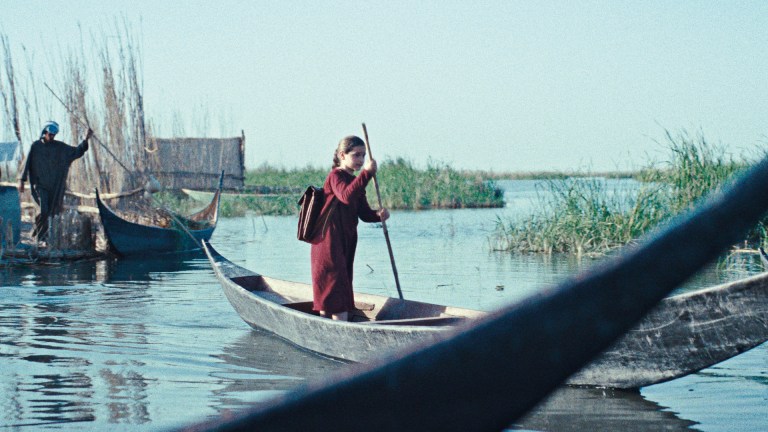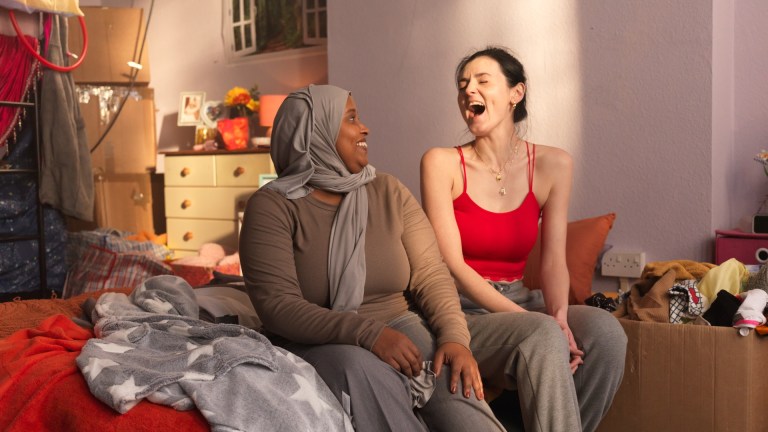There aren’t many jokes in Civil War, writer-director Alex Garland’s recent unsettling movie about a near-future USA fracturing into armed conflict. But there is one laugh in an early scene when veteran war photographer Lee Smith (Kirsten Dunst) is buttonholed by a wannabe snapper.
“You have the same name as my hero: Lee Miller,” gushes the young fangirl. “Do you know her stuff?” (This is like going up to Noel Gallagher and saying: “I love your band. Do you know The Beatles?”) Dunst’s deadpan reaction in the face of such naive enthusiasm is sublime.
But then – as if to underline that Garland himself certainly knows who Lee Miller is – Civil War cuts to a shot of Dunst soaking in the tub of a tiled hotel bathroom. It’s a deliberate visual echo of one of Miller’s most intriguing images: a self-portrait captured in the bathtub of Hitler’s abandoned Munich apartment. It was taken on the same day she entered Dachau as one of the first journalists to document the obscenities that had taken place there.
Get the latest news and insight into how the Big Issue magazine is made by signing up for the Inside Big Issue newsletter
Now we have a whole film exploring Miller’s turbulent life of artistic hedonism and wartime horrors. Adapted from the 1985 biography The Lives of Lee Miller – written by her son Antony Penrose – Lee has been a long-gestating passion project for star and producer Kate Winslet. That book title hints at Miller’s hopscotching existence: born in Poughkeepsie, New York in 1907, she was a Vogue cover star and model at 19 before embedding with the Surrealists in Europe – notably Man Ray – to learn how to become a photographer herself.
Rather than trying to pack absolutely everything in, Lee (directed by revered cinematographer Ellen Kuras in her fiction feature film debut) focuses on Miller’s Second World War experiences. After an explosive introduction, we join her in 1937 living a life of topless picnicking and political debate among her creative coterie in France.









